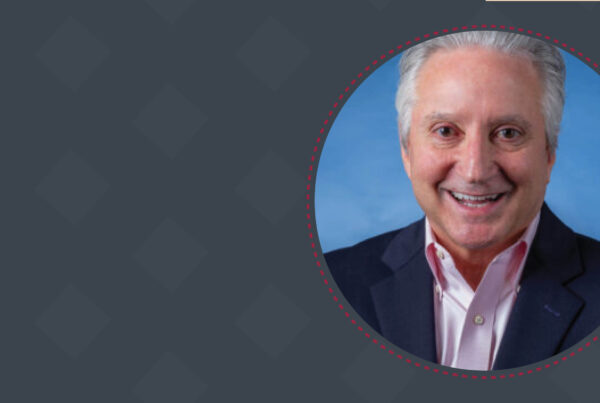What if you could predict the success of your capital campaign in just a few short weeks? Good news – you can. A well-managed, successful feasibility study can help you test interest in your proposed plans, identify volunteers, hear from your key donors, and, most importantly, forecast the funds you’ll raise in your capital campaign.
However, not all planning studies are created equal. Here are a few key characteristics of a fruitful study:
A strong response rate: A well-managed planning study gathers a wide response across all groups of constituents. A good mantra to follow is: if you are going to ask someone for a gift, you should ask for their insights and feedback first. The more responses you get, the more confidence you’ll have in your campaign forecasts and the more buy-in you will achieve from your constituency. To ensure your organization sees a strong outcome, widely promote your survey through multiple avenues, including mail, email, your website and social media platforms. If you can get in front of a large group of supporters, use this opportunity to administer the survey then and there.
Relevant questions asked, helpful information gathered: Your planning study survey should be tailored to gathering important information for your organization. A few key pieces of information include the respondent’s contact information (this is an easy way to update your database), their willingness to give to the campaign (and how much), and their interest in volunteering for a campaign. Don’t be afraid to ask additional questions that will help your development efforts. For example, if you are interested in bolstering planned giving, include a question about respondents’ interest in estate gifts. Don’t forget to leave room on your survey for additional comments and suggestions.
Helpful pre-study communications: Your supporters should know well in advance that they will be asked for feedback. Explain your vision in detail during the weeks leading up to the study and proactively answer as many questions as you can. This will give everyone a chance to thoroughly consider the proposed plans, ask any unresolved questions and decide how they will financially support the plans.
Personal contact with your key donor prospects: During a planning study, one priority is securing face-to-face meetings with your top supporters. These individuals have the capacity to make or break your campaign – their opinions matter. These folks should not receive a paper survey – invite them to sit down for an in-person interview early on during your study.
These are just a few of the many ways you can strengthen the results of your future study. Our expertise in conducting campaign planning studies has helped thousands of nonprofits across the country.
For further information about the full-service planning study management we offer, please contact me.



